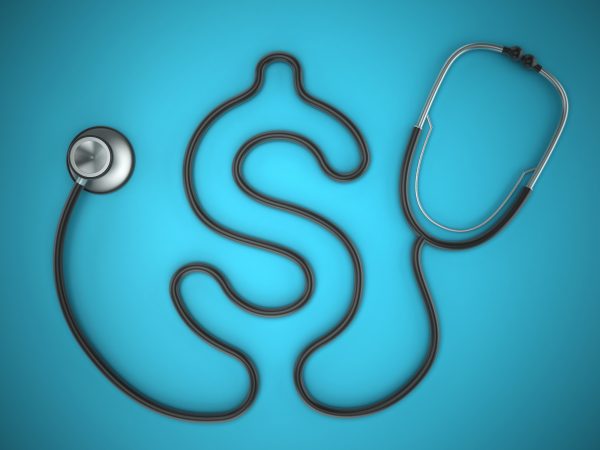
The House of Representatives has scheduled a vote to repeal the “Cadillac Tax” provision in the Affordable Care Act, a rare effort with bipartisan support within the larger debate over healthcare reform.
The excise tax – officially called the High-Cost Plan Tax – would add an additional 40 percent charge on high-cost healthcare plans, which were originally set at $10,200 for single coverage and $27,500 for family coverage. While the provision was initially intended to go into effect in 2018, it has been twice delayed and is now set for 2022.
The nonpartisan Congressional Budget Office estimates that the repealing the tax would cost more than $190 billion between 2022 and 2032.
In a recent analysis, the Kaiser Family Foundation estimated that 21 percent of employers offering health benefits will have at least one plan which applies for the tax. That number jumps up to 31 percent when potential flexible spending accounts are added.
Those proportion are expected to rise year-over-year. While the definition is high cost is pegged to inflation increases, general premium increases threaten to reach the benchmark, even without major changes to plan design.
“Given that most estimates suggest that health costs will continue to increase faster than inflation over time, a growing number of employers will be subject to the tax unless they make changes to their health programs,” the KFF wrote in their report.

A Deep-dive Into Specialty Pharma
A specialty drug is a class of prescription medications used to treat complex, chronic or rare medical conditions. Although this classification was originally intended to define the treatment of rare, also termed “orphan” diseases, affecting fewer than 200,000 people in the US, more recently, specialty drugs have emerged as the cornerstone of treatment for chronic and complex diseases such as cancer, autoimmune conditions, diabetes, hepatitis C, and HIV/AIDS.
Still, a majority of employers don’t expect the provision to go into effect. According to a KFF survey, only 30 percent of firms offering health benefits anticipate the high cost plan tax will take effect as scheduled in 2022.
That prediction looks to be borne out by lawmakers in Congress. The bill to repeal the tax has more than 300 co-sponsors from both sides of the aisle and insurers and unions are united in opposition.
However, there is a possibility that the repeal goes the same way as the 2.3 percent excise tax on medical devices, which is currently delayed to 2020.
After a repeal of the policy was approved by the House of Representatives in 2018, the Senate refused to take up the legislation for a vote.
Photo: adventtr, Getty Images













